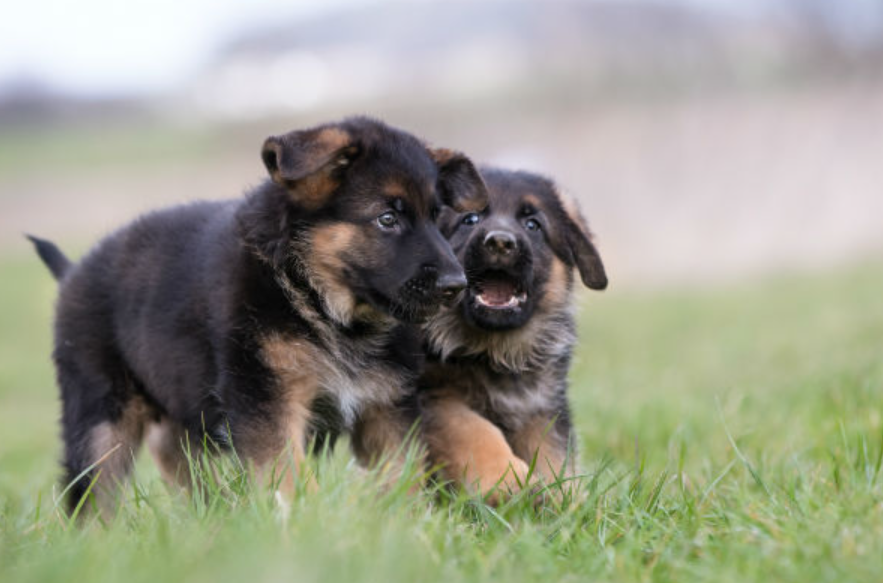Play is a crucial aspect of a dog’s daily routine, providing both physical exercise and vital social interaction with owners and other dogs. While puppies initially exhibit boundless enthusiasm for play, it’s important to maintain regular interaction through toys and daily exercise to foster a fulfilling relationship with your mature dog.
Choosing appropriate games depends on your puppy’s personality, but all play should be moderated to ensure a calm and rewarding experience for both you and your pet. Avoid overly intense physical play that can lead to heightened arousal and frustration in your puppy, especially if young children are involved, requiring adult supervision.
Consider your puppy’s breed when selecting games, as different breeds have distinct preferences and abilities. Understanding the functional basis of dog breeds can help prevent misunderstandings. For instance, while some owners envision hours of ball throwing with their dog, this may not be suitable for all breeds. Retriever breeds may excel at fetch, while terriers may prefer shake and kill games with squeaky toys.
Involving humans in tug-of-war games is generally discouraged, but the key is to ensure that play with your dog remains calm, controlled, and enjoyable for both parties.

Lessons to Learn: When training your puppy, prioritize building a relationship based on trust and consistency. Avoid punishment and physical force, focusing instead on positive reinforcement and encouragement. Consistency in training methods among family members is essential, so hold a family meeting to establish common commands and house rules. Clear boundaries are crucial for puppies, as inconsistency can lead to confusion and anxiety, often resulting in behavioral issues like aggression. Providing reliable leadership is key to a healthy pet-owner relationship.
